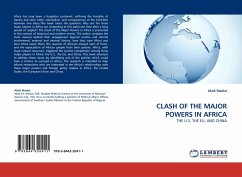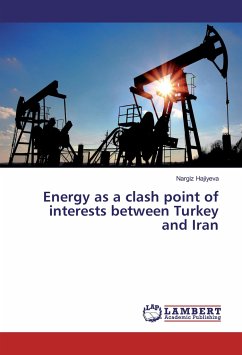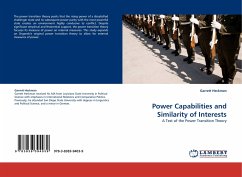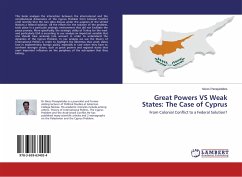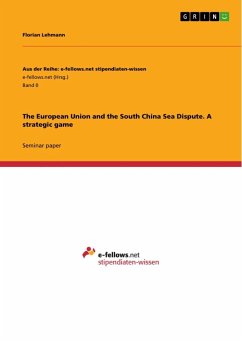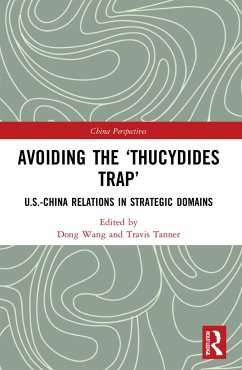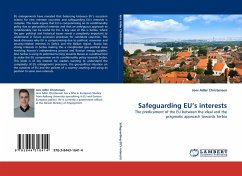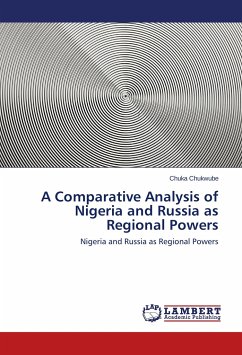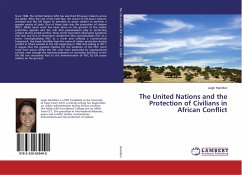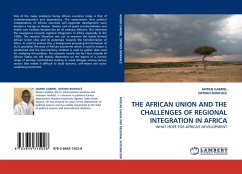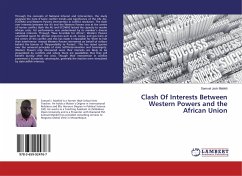
Clash Of Interests Between Western Powers and the African Union
Versandkostenfrei!
Versandfertig in 6-10 Tagen
33,99 €
inkl. MwSt.

PAYBACK Punkte
17 °P sammeln!
Through the concepts of National Interest and Intervention, the study analysed the Cote d'Ivoire conflict trends and significance of the UN, AU, ECOWAS and Western Powers intervention in conflict resolution. The clash over interests between the AU and the Western Powers was at the centre of Ivorian conflict. Both the AU and ECOWAS lacked the capacity to resolve African crisis. AU performance was undermined by its member's diverse national interests. Through "New Scramble for Africa", Western Powers unsatisfied quest for African resources such as oil, cocoa, and gas were at the centre of the co...
Through the concepts of National Interest and Intervention, the study analysed the Cote d'Ivoire conflict trends and significance of the UN, AU, ECOWAS and Western Powers intervention in conflict resolution. The clash over interests between the AU and the Western Powers was at the centre of Ivorian conflict. Both the AU and ECOWAS lacked the capacity to resolve African crisis. AU performance was undermined by its member's diverse national interests. Through "New Scramble for Africa", Western Powers unsatisfied quest for African resources such as oil, cocoa, and gas were at the centre of the conflict and this has made it impossible for them to halt their interference. Instead Western Powers intervened on behalf of civilians behind the banner of 'Responsibility to Protect'. This has raised queries over the universal principles of state Self-Determination and Sovereignty. Western Powers only intervened were their interests are likely to be jeopardized by conflicts and where there are possibilities that they will benefit during/ after the crisis. Though their intervention in conflict prevented a humanistic catastrophe, generally the motives were stimulated by state-selfish interests.



